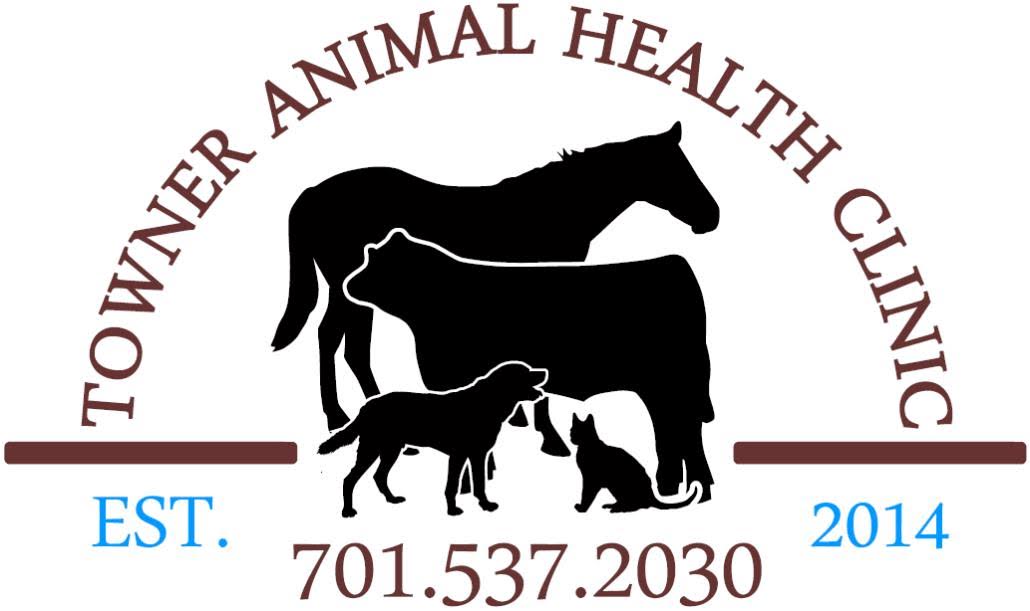Library
-
Treats are a great way to bond with your cat but are an additional source of calories that must be considered within the overall diet. Treats should be no more than10% of your cat's daily calorie intake and, in greater quantities, can create a nutritional imbalance. Consider choosing lower calorie treats for your cat to avoid exceeding the 10% rule.
-
Timolol ophthalmic is a beta-blocker used to reduce intraocular pressure (pressure within the eye) in cats and dogs with glaucoma. Timolol ophthalmic is also used to prevent glaucoma in the normal eye of an animal with unilateral (one-sided) glaucoma. This medication is used off label in veterinary medicine.
-
Foraging toys are designed to provide mental and physical exercise and enjoyment by simulating hunting and seeking for food. Both dogs and cats are natural hunters and scavengers. They benefit from exercising this part of their brain on a regular basis. Providing enrichment in the form of foraging toys can decrease boredom, improve enjoyment, and encourage dogs and cats to engage in species-specific behaviors in a desirable way.
-
Nose Bleeds (Epistaxis) in cats can be extremely unsettling for the pet owner. Most acute (sudden) nosebleeds are caused by simple trauma or by upper respiratory tract infections. This handout discusses nosebleeds in cats, the various causes of this condition, first aid recommendations and possible testing to find the root cause of the problem.
-
Quality of life is a way to refer to and discuss the day-to-day life and lifestyle of a cat reaching the end of its life. A quality-of-life scale for cats can help owners and veterinarians work together to maintain a healthy human-animal bond. The scale looks at seven different categories including hurt, hunger, hydration, hygiene, happiness, mobility, more good days than bad. The scale can help clarify the decisions and anxiety related to your cat’s end of life care.
-
Cats are curious by nature, which can lead them into trouble, especially when they ingest items not meant to be eaten, such as thread, wool, paper, rubber bands, plant materials, and small toys. While some will pass through the digestive tract, some foreign bodies can cause serious problems. This handout explains foreign bodies in the intestinal tracts of cats and reviews clinical signs, diagnostic tests, treatment, and the prognosis of these situations.
-
Cats have evolved to hide signs of illness and pain. This means that in the early stages of illness, often the only thing that a cat owner may notice is that the cat has become quiet and withdrawn. This article outlines some signs of illness you can look for. In general, any sudden change should alert you that your cat needs veterinary attention. If your cat does not seem right, make an appointment see your veterinarian for an examination as soon as possible.
-
A wellness examination includes a complete physical examination and discussion about your cat's daily habits and nutrition. Depending on your cat's age, these visits may be recommended annually or more frequently. Lab work such as blood tests, urinalysis, and fecal tests are often recommended to screen for underlying disease. Blood pressure assessment and radiographs of your cat's chest, abdomen, or joints may also be suggested. Prepare for your cat's wellness examination by knowing what food she eats and how much, any supplements or medications they are taking and if anyone in your household has noticed changes or concerns.
-
Behavioral problems can develop for many reasons. Genetics and the environment both contribute to behavior. When problematic behaviors arise, particularly if they develop suddenly or occur in older pets, it is important to screen for underlying medical conditions. The behavioral history provides valuable information to assist in determining the root cause for any behavioral concern.
-
Testing for microalbuminuria has some use in detecting early kidney disease but can also be an indicator of multiple other diseases. A positive test gives your veterinarian suspicion to carry out further testing; however, it can have false positives if not used properly. It is a simple test that can give you a jump on treating a condition to help your cat live a happier life for longer.

